Rethinking
Language Learning
Founder of 6pm in Paris
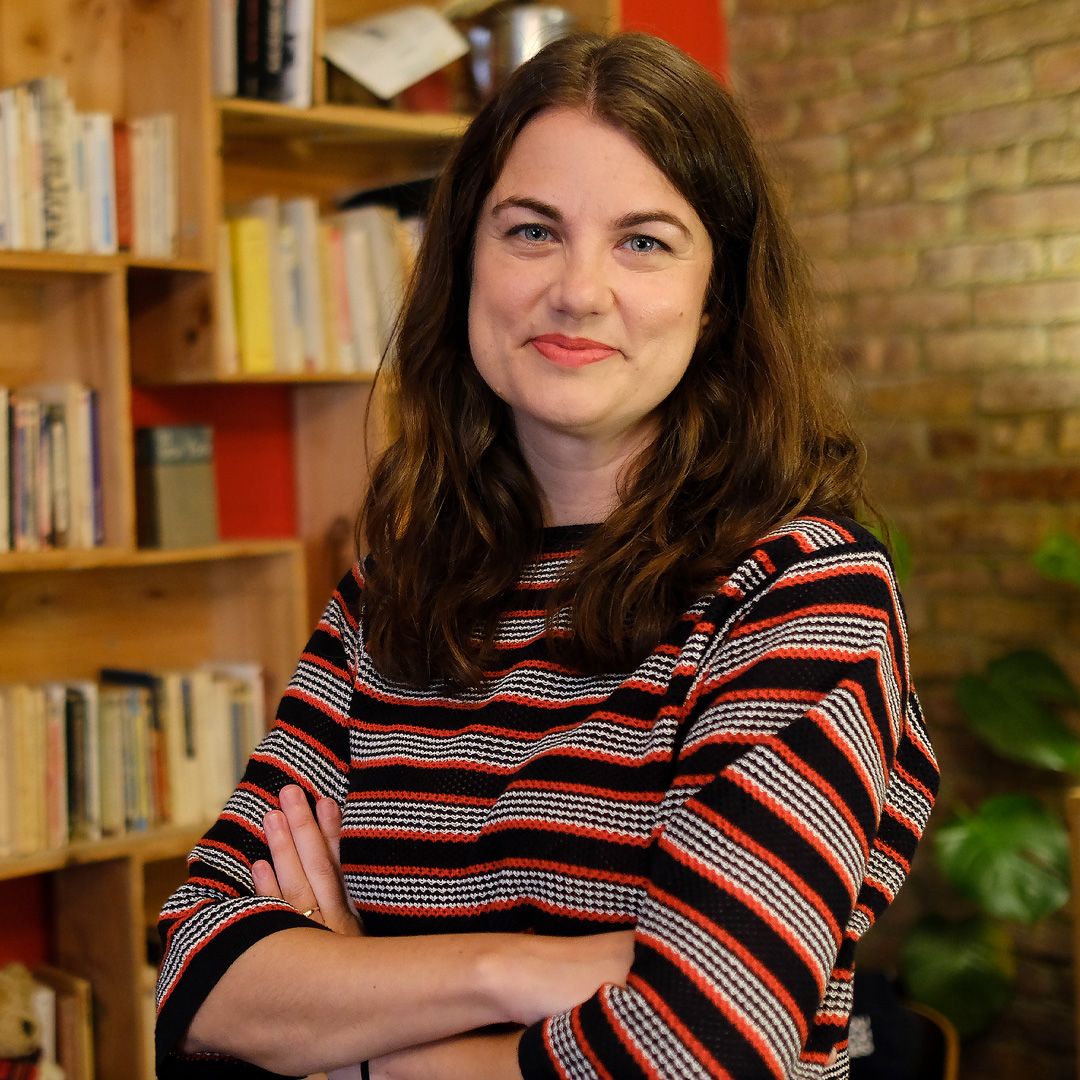
Language Learning Is Not a Test
—It’s a Life-Long Exploration
Understanding Is More Important Than Speaking
Why Context Is Key to Learning French
A New Approach: No Levels, No Tests, Just Immersion
-
There are no levels. All content is available to everyone, from beginners to advanced learners, with layers of depth that allow each person to engage at their own pace.
-
There are no tests. No scores, no grades—just exposure, repetition, and real-life context.
-
There are no false promises. We won’t tell you that you’ll be fluent in a matter of weeks. Instead, we offer a sustainable, long-term way to integrate French into your life—one that rewards commitment, curiosity, and time.
-
Watch a short film. See how French people actually speak—the slang, the humor, the cultural nuances that textbooks miss.
-
Join the discussion. Our talk show breaks down tricky expressions, provides cultural context, and makes learning engaging.
-
Explore the phrasebook. Dive deeper into expressions with explanations, origins, and real-world examples.
-
Practice (if you want). Optional exercises and quizzes allow you to reinforce what you’ve learned—without pressure or rigid expectations.
Learning a Language Is Learning a Way of Life
A Vision for the Future

Master real-life French expressions with our unique CinéPack™ method, merging Entertainment and Education for better memorization.
Be the first to know about new content and feature release!
Check your inbox for a confirmation email!
© 2026 6pm in Paris, Inc. All rights reserved.
Sweet Dreams
France, 2022, 3 min.

ROM-COM
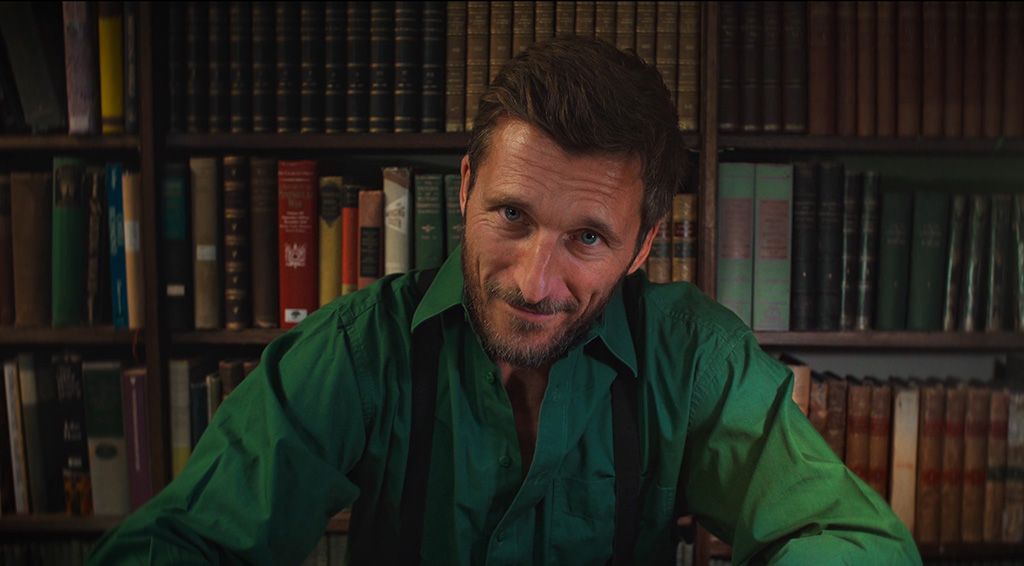
Le magasin des compliments
Directed by Titouan Laporte
France, 2022, 10 min.
Romain's compliment store, where customers boost spirits by purchasing or gifting compliments, faces a challenge when a skeptical customer questions the store's purpose.
COMEDY

13 Euros
Directed by Guillaume Courty and Bertrand Goncalves
End of diner at the restaurant, everyone paid their share but 13 euros are missing. Shall we split?
DOCUMENTARY
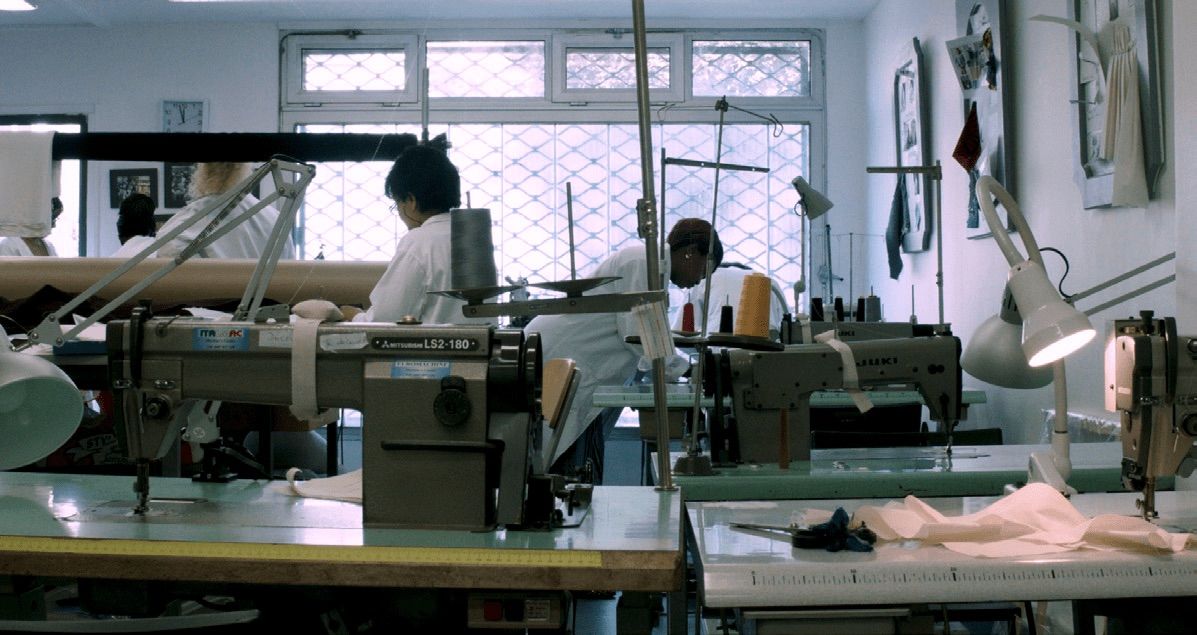
Chanel et moi
Directed by Audrey Espinasse and Sami Lorentz
France, 2019, 6 min.
Maxime takes us into Jean-Luc François' new sewing ateliers in Pantin.
FREE PREVIEW
Master Classes

EPISODE 2
Conjugating irregular verbs in the Imperative Mood
FREE PREVIEW
Parlons peu,
parlons vin !
6pm in Paris Original
2023, 7 min.

Léa meets Henry, owner of Henry's Wine and Spirits, to discuss wine shopping tips.
Original content is also available with French and dual subtitles.
Sweet Dreams
France, 2022, 3 min.


15-20 min.

Learn about the useful vocab, expressions and cultural references used in each short films.
Sweet Dreams
France, 2022, 3 min.

Sweet Dreams
France, 2022, 3 min.

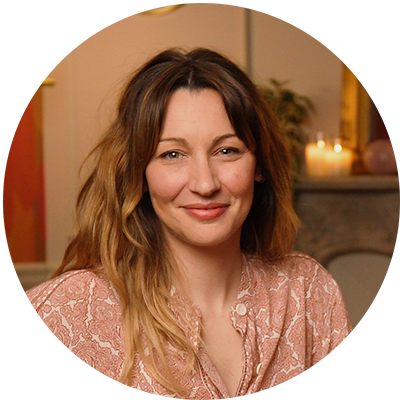
Nina
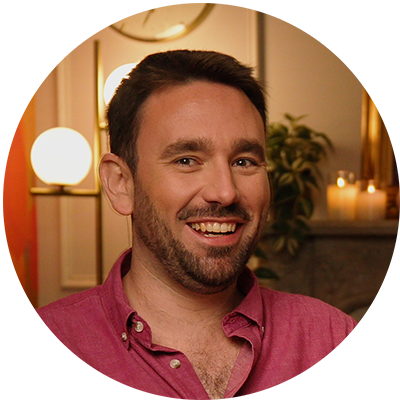
Anicet
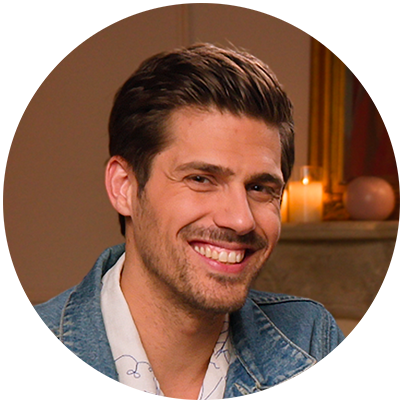
Quentin
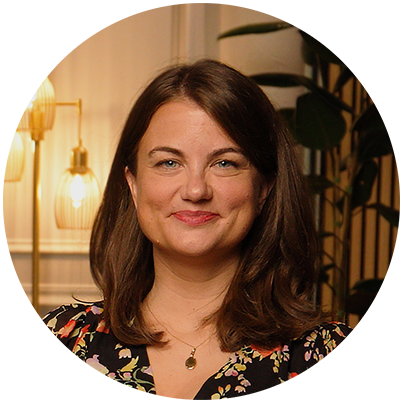
Léa
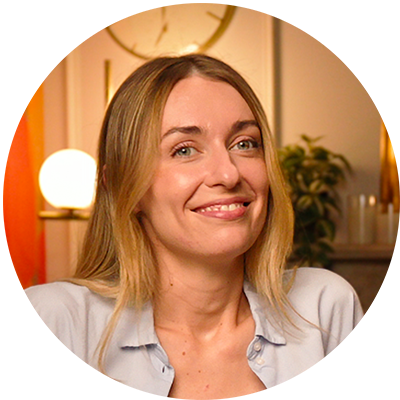
Lisa
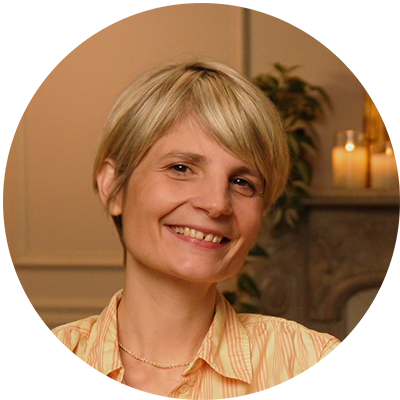
Julie
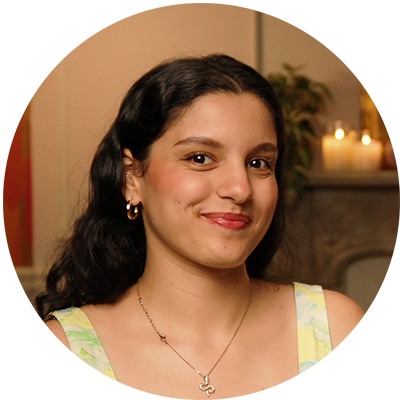
Melissa
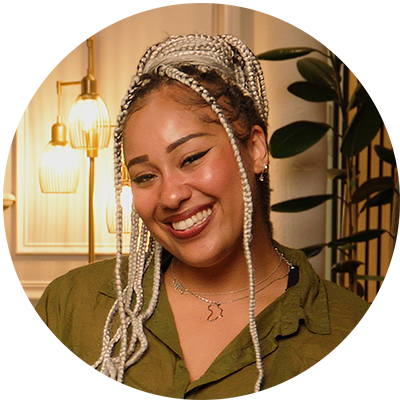
Elsa
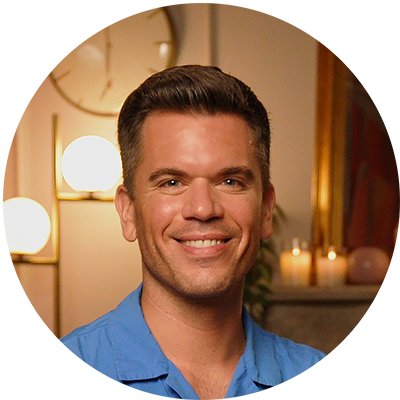
Julien
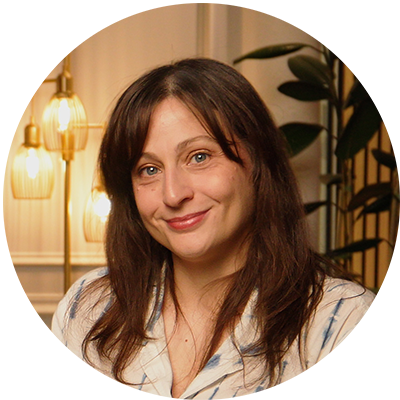
Eléonore
Welcome back!
Welcome back!
Start your
7-day free trial
to explore our full CinéPacks Library!

Starting at $12.50/month
Already have an account? Sign in here.
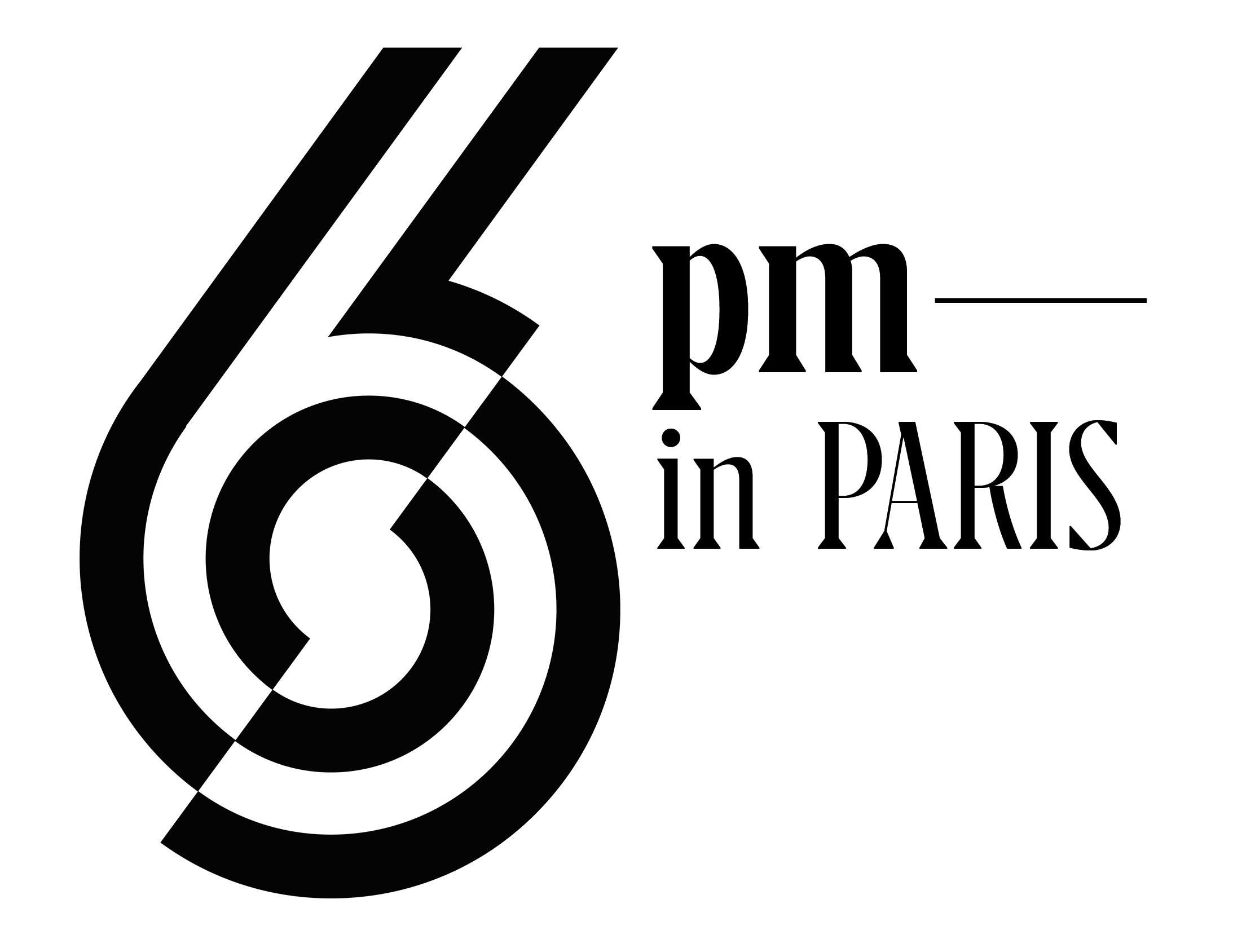
Check your inbox—your free videos are on their way!
Happy viewing!
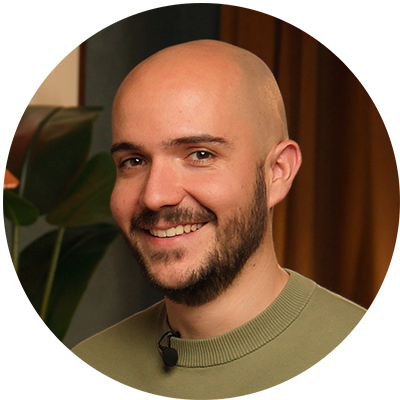
Pierre
